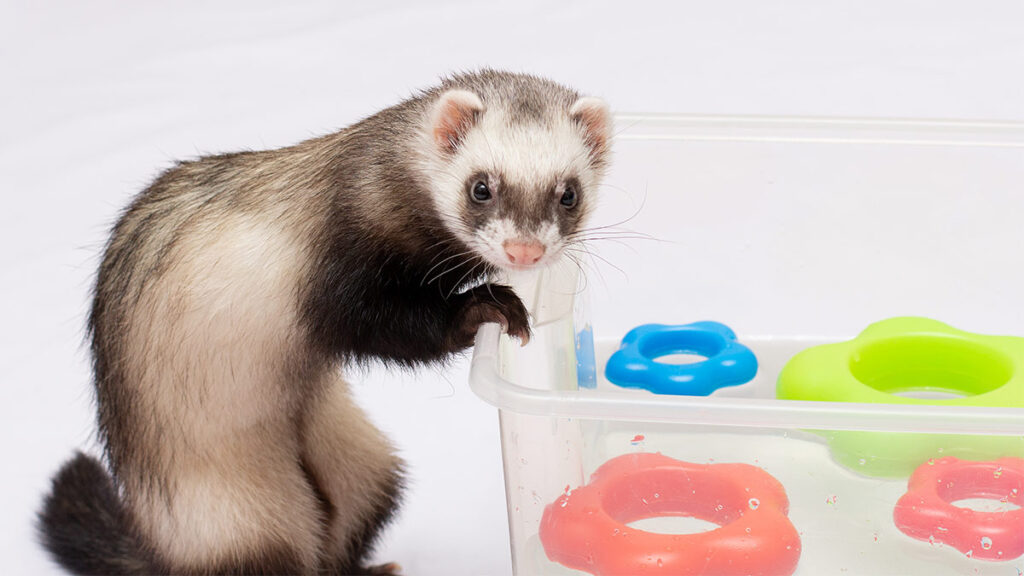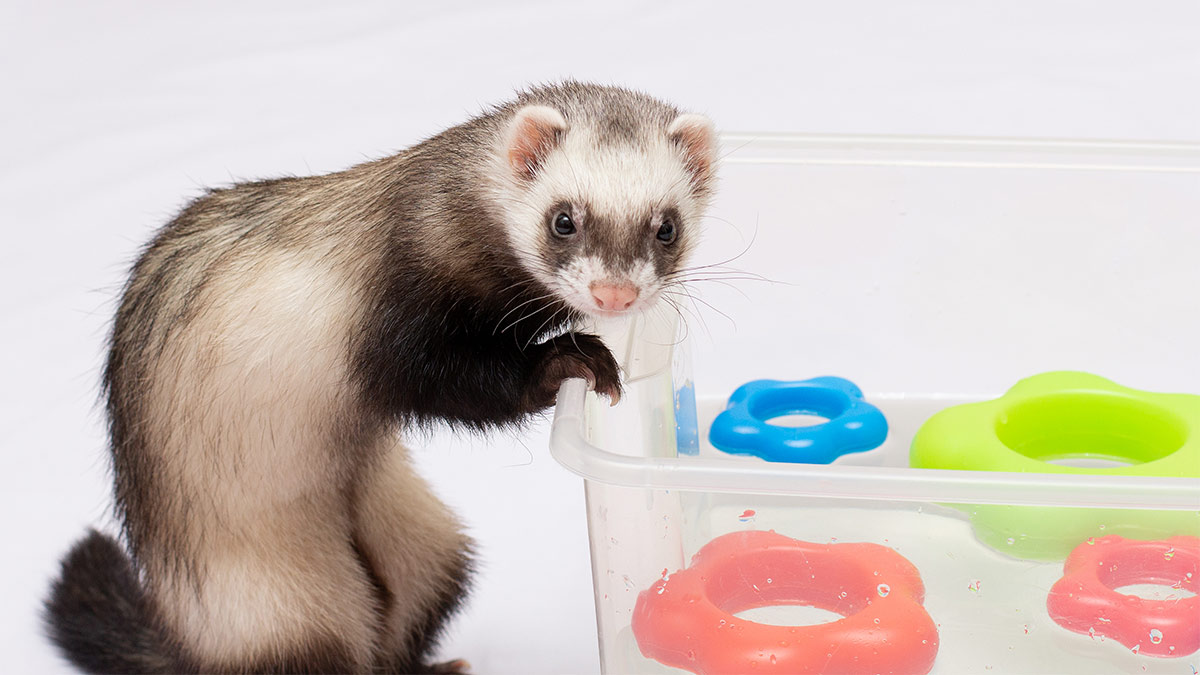
A group of scientists from the University of Pittsburgh created a “ferret daycare” for study How children get the flu and how childhood infections impact epidemics.
There are toys, food, stuffed animals, balls, and even an air purifier. “ferret daycare” Among these scientists, there is room for some Ferretscompletely healthy and other patients influenza. All this is to understand How influenza viruses spread among children when they attend day care centers.
Through careful observation over a period of time, researchers successfully determined Ferrets in their nurseryThat Air conditioning has a 50% impact on the likelihood of catching the flu and? Reduced ventilation increases morbidity.
According to experts, this could mean that, at least in this particular environment, Enhancing ventilation can only delay infection.
To find out, the researchers made detailed observations of ferret behavior and how the virus spreads between them through their coexistence, the objects they touch, and their interactions.
Why set up a ‘ferret nursery’ to study influenza?
Virologist Seema Lakdawala told Spanish newspapers nation The intention is “ferret daycare” is to be able to replicate a more comfortable environment for ferrets and is the closest to ferrets human nursery. This space is for the animals to share common space, toys, eat and rest.
Lakdawala also said Ferrets have been the standard for studying influenza viruses. As mentioned above, Ferrets “have a respiratory system very similar to ours.”
Additionally, he said, ferrets behave very similarly to humans “because they are very sociable animals.”
“They chew on toys, explore spaces, and have brief but intense interactions with each other. “I have young children, and … actually, it reminds me a lot of what they do,” he told the publication.

